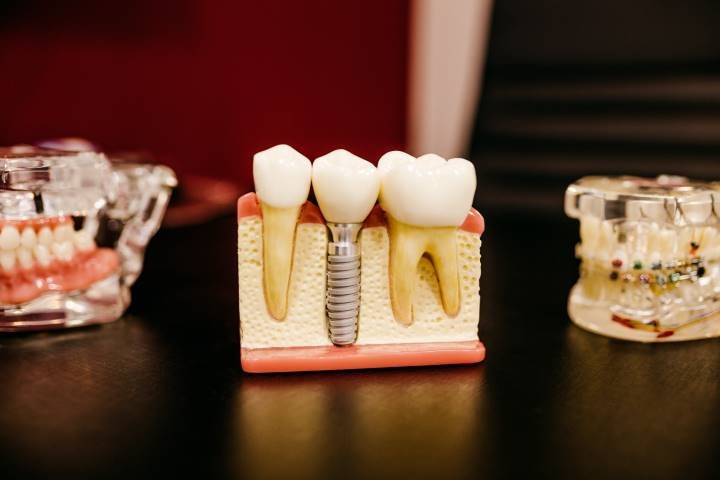Why do people get their wisdom teeth removed

Wisdom teeth are the third and final set of molars that usually appear in people’s late teens or early twenties. While some people may have enough room in their mouths for these teeth to grow in without causing any problems, many others experience pain, infections, or other complications that require the removal of their wisdom teeth. In this article, we will explore why people get their wisdom teeth removed, what the procedure entails, and what risks and benefits are associated with it.
Lack of Space – One of the most common reasons why people get their wisdom teeth removed is a lack of space in their mouths. The human jaw has evolved to be smaller than it used to be, which means that many people don’t have enough room for their wisdom teeth to grow in properly. This can cause these teeth to become impacted, meaning that they grow in at an angle or get stuck beneath the gum line. Impacted wisdom teeth can lead to pain, swelling, and infection, and may require extraction to prevent further problems.
Crowding – Even if there is enough space in the mouth for wisdom teeth to grow in, their presence can still cause crowding and shifting of other teeth. This can lead to bite problems, gum disease, and other issues that may require orthodontic treatment or the removal of the wisdom teeth.
Infection and Decay – Wisdom teeth that are partially erupted or impacted can also trap bacteria and food particles, increasing the risk of infection and decay. This can cause pain, swelling, and bad breath, and may require removal of the wisdom teeth to prevent further complications.
Cysts and Tumors – In rare cases, wisdom teeth can develop cysts or tumors that can damage the surrounding teeth and bone. Removal of the affected wisdom teeth may be necessary to prevent further damage and to ensure proper healing.
Preventive Measure – In some cases, people may choose to have their wisdom teeth removed as a preventive measure, even if they are not currently causing any problems. This may be recommended by a dentist or oral surgeon if the person has a high risk of complications or if there is a family history of problems with wisdom teeth.
The Procedure of Wisdom Teeth Removal – The procedure of wisdom teeth removal usually involves a surgical extraction, which means that the tooth is removed by making an incision in the gum and removing the tooth and surrounding tissue. Depending on the case, the procedure may be done under local anesthesia, which numbs the area around the tooth, or under general anesthesia, which puts the person to sleep during the procedure.
After the procedure, the person will be given instructions on how to care for the extraction site, including how to manage pain and swelling, what to eat, and how to keep the area clean. In most cases, full recovery takes about two weeks, during which time the person should avoid smoking, drinking through a straw, and other activities that may disrupt the healing process.
Risks and Benefits of Wisdom Teeth Removal
Like any surgical procedure, wisdom teeth removal carries some risks and benefits that should be considered before making a decision. Some of the benefits of wisdom teeth removal include:
Relief from pain and discomfort
Prevention of infection and decay
Reduced risk of crowding and shifting of other teeth
Prevention of cysts and tumors
Improved oral hygiene and overall health
However, there are also some risks associated with wisdom teeth removal, including:
Pain, swelling, and bruising
Bleeding and infection
Nerve damage
Sinus complications
Rarely, complications related to general anesthesia
It is important for anyone considering wisdom teeth removal to discuss the risks and benefits with their dentist or oral surgeon and to follow all.
You may also like,